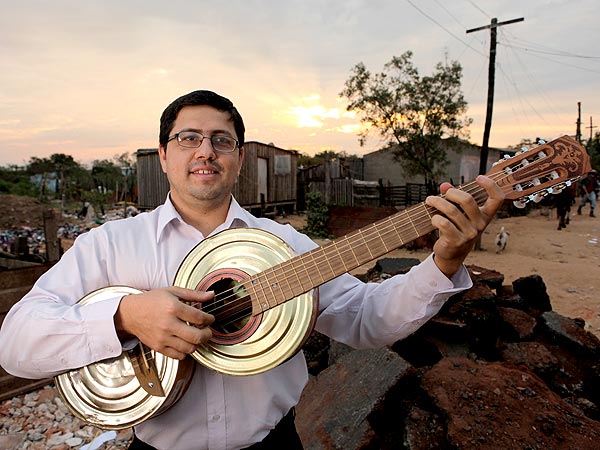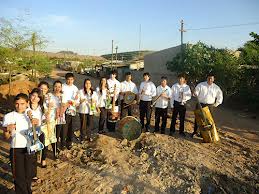

U.S. Army 1st Lt. Emily Núñez and her sister Betsy Núñez grew up in a military family, so for them, living on military bases and eating Thanksgiving dinner with hundreds of soldiers in a military mess hall was the norm. However, when Emily went to Middlebury College, she realized the huge divide between military life and civilian life. Most of her friends had never met someone in the military and had no idea what military life was like. During this time, both Emily and Betsy began to realize how difficult it was for veterans to find work as they transitioned from military to civilian life.
These two problems culminated into a business idea when Emily attended a social entrepreneurship symposium at her college, where the speaker talked about incorporating up-cycling into a business. Emily had the idea of recycling military surplus into fashionable bags and accessories. Emily quickly brought her sister, Betsy, on board and Sword & Plough was born. The name, Sword & Plough comes from the phrase “to turn swords into ploughshares” from the book of Isaiah. For Emily and Betsy, this means taking military technologies and materials and applying them to peaceful, military applications.

Every stage of their business (from design, to production, to quality control, to sales) is done in the U.S.A. and done by veterans. They even buy their supplies from companies owned and operated by veterans. Emily and Betsy want their company to empower veterans and help in their transition back to civilian life. They donate 10% of their profits to support veterans. They also want to have their bags be a conversation starting point to strengthen military-civilian understanding and to bring to light veteran issues. In fact, on their website, they have a “Wall of Heroes” to feature a different military personnel every week.
So far, Emily and Betsy’s idea has been a huge success. They’ve been featured on shows like Good Morning America and the Today Show, and on sites like Business Insider and Forbes. I encourage you to check out their website (click here!) to learn more about Sword & Plough, its products, and its mission. I think that this company is poised to make some really important impacts in the near future.

 Have you ever thought about what happens to that bar of soap you open at a hotel for your night’s stay? Shorter visits may only require you using less than a quarter of the bar, and before David Bishop thought about this conundrum the soap would be tossed out with the trash when housekeeping came around. The estimated one million bars of soap from hotels thrown away each day in the United States then become chemical waste in landfills. Bishop recognized this problem and connected it with another – child mortality rates.
Have you ever thought about what happens to that bar of soap you open at a hotel for your night’s stay? Shorter visits may only require you using less than a quarter of the bar, and before David Bishop thought about this conundrum the soap would be tossed out with the trash when housekeeping came around. The estimated one million bars of soap from hotels thrown away each day in the United States then become chemical waste in landfills. Bishop recognized this problem and connected it with another – child mortality rates.

